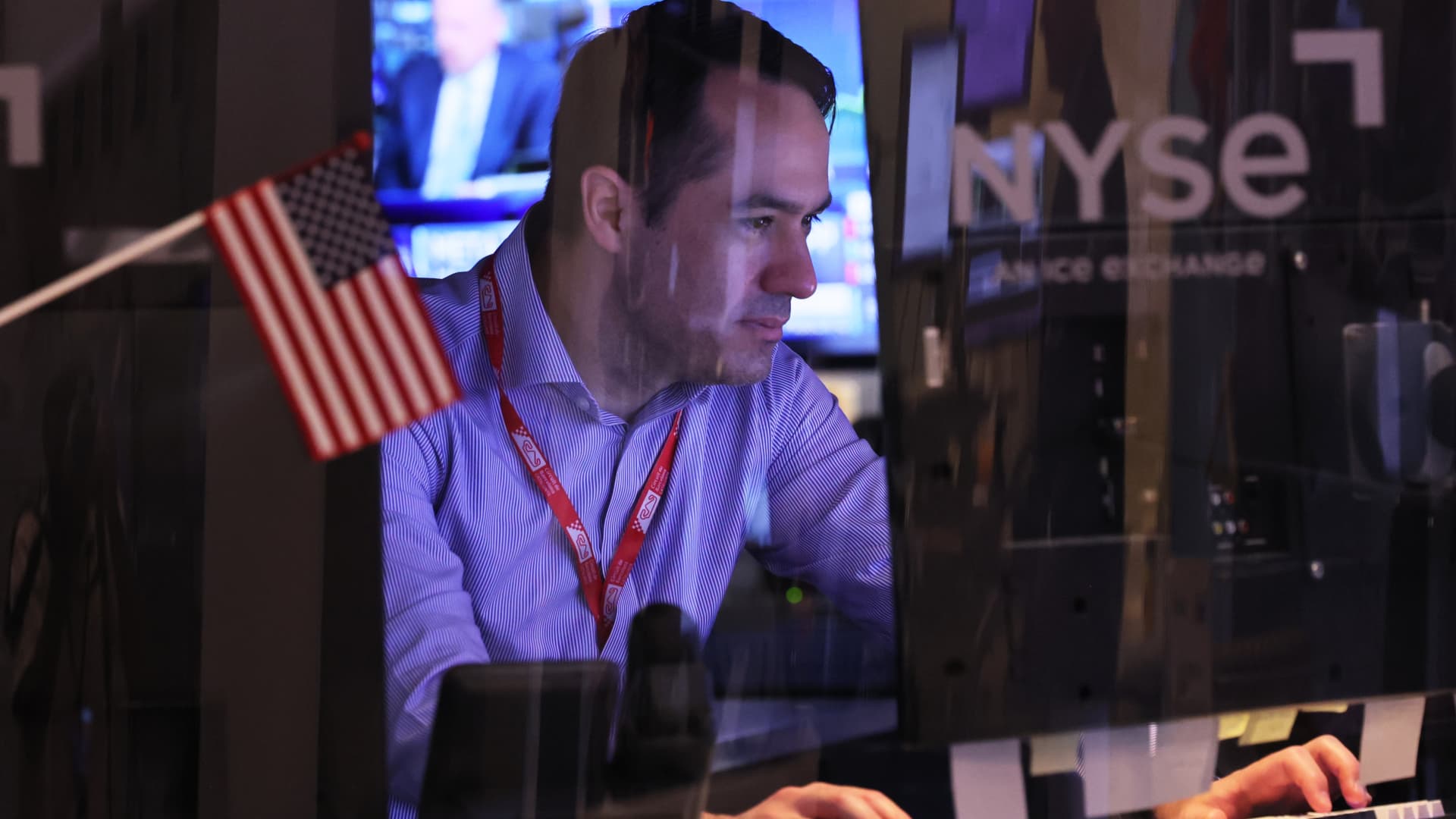This report is from today’s CNBC Daily Open, our new, international markets newsletter. CNBC Daily Open brings investors up to speed on everything they need to know, no matter where they are. Like what you see? You can subscribe here.
What you need to know today
Markets shook off fears
U.S. stocks rose Monday despite a 4% spike in oil prices caused by the Israel-Hamas war. Even the Russell 2000 rose, signaling investor confidence. Europe’s Stoxx 600 index fell 0.26%. Shares of Energean, an oil and gas company that operates in Israel, plunged 17.55%, while that of Metro Bank soared 10.94% on the news it’s secured new capital.
‘Complete siege’ of Gaza Strip
Israel continued bombarding the Gaza Strip with airstrikes Monday — and planned to cut off electricity, water and food supplies — as part of its response to Saturday’s attack by Palestinian militant group Hamas. Deaths on both sides have exceeded 1,300 so far. If suspicions of Iranian involvement in Hamas’ attack prove true, a regional war in the Middle East is likely, according to political analysts.
Peak oil, or not?
OPEC thinks global oil demand will reach 116 million barrels per day by 2045, around 6 million more bpd than its prediction last year. (The world used 99.6 million bpd last year.) By contrast, the International Energy Agency forecast demand for oil to peak before 2030. OPEC has called the IEA’s statement “extremely risky,” “impractical” and “ideologically driven.”
Get wind of this
Despite OPEC’s oil demand prediction, it’s undeniable alternative sources of energy are catching on. Dogger Bank Wind Farm, described as the “world’s largest offshore wind farm,” began producing energy over the weekend. Located off the coast of northeast England, the wind farm will have a total capacity of 3.6 gigawatts — capable of powering 6 million homes per year — once fully up and running.
[PRO] Risk-off sentiment?
Israel’s war against Hamas may drive investors away from risk assets, said Alpine Macro. That is, stocks, already buckling under rising yields and interest rates, may drop further this year. For more clues on what might happen in markets, Alpine Macro points investors to Russia’s invasion of Ukraine beginning in 2022 — when the S&P 500 suffered a long losing streak.
The bottom line
Major indexes rose despite the geopolitical upheaval in the Middle East.
Of course, some might attribute that increase to the usual suspects benefiting from armed conflicts. Oil and gas giants popped on rising crude futures. Defense stocks were also bolstered, especially after Bank of America said the U.S. government could increase defense investments.
But Anna Rathbun, chief investment officer for CBIZ Investment Advisory Services, thinks those movements in specific sectors are mostly “a knee-jerk reaction” because investors aren’t sure how the Israel-Hamas war will play out.
”So there’s dust going up, and now the dust is coming back down,” Rathbun said. “I think it will take a few days to really understand where the impact actually is.”
However, in terms of broader moves, analysts think markets have, over the weekend, already digested the implications of the conflict.
The S&P 500 advanced 0.63%, the Dow Jones Industrial Average increased 0.59% and the Nasdaq Composite climbed 0.39%.
“As long as … diplomatic efforts continue to focus on keeping the conflict contained, the market looks at it and says, we’ve seen this before,” said Quincy Krosby, chief global strategist at LPL Financial.
Echoing that, Meera Pandit, global market strategist at JPMorgan Asset Management, said on CNBC, “The impact in the longer run from geopolitical events tends to be somewhat contained.”
In another vote of confidence, even the Russell 2000 index of small-cap companies rose 0.6% — performing better than the Dow and Nasdaq. As I’ve noted before, the Russell 2000 reflects macroeconomic conditions more accurately and rapidly than bigger indexes. So its gains yesterday might be a sign the market’s “preparing to turn,” as Krosby puts it.
It can seem jarring that markets are recovering just as a fresh, deadly conflict is raging. But it corroborates what we’ve seen this year: Russian aggression in Ukraine had only a muted effect, if any, on the U.S. economy and markets.

